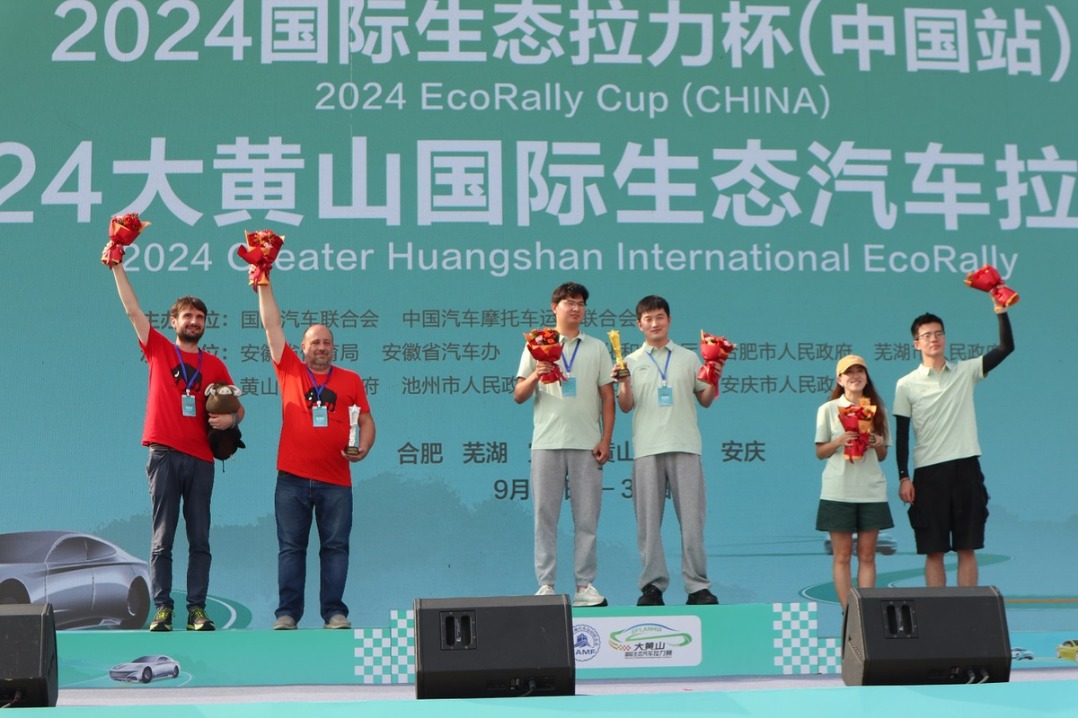Physicists laud late Nobel laureate Lee
Pioneering research and education contributions remembered, honored

In his Nobel acceptance speech in 1957, 31-year-old physicist Tsung-Dao Lee reflected on how his breakthrough discovery of the violation of the principle of parity was built on existing knowledge produced by many other scientists.
"It is often the reaping that is remembered but the tilling forgotten," said Lee, who shared the Nobel Prize in physics with Yang Chen-Ning and remains the second-youngest winner of the award.
Following his early success, Lee mostly taught at Columbia University in New York, where he continued to generate outstanding research and earn more accolades. He also devoted great efforts to cultivating Chinese scientific talent and envisioning the development of high-energy physics in China.
Lee died at his home in San Francisco in the United States on Monday. His death triggered a wave of condolences from top universities and research institutions that extolled not only his scientific achievements, but also his commitment to advancing science education in China.
"As one of the first Chinese-born Nobel laureates, Lee strove for breakthroughs in quantum field theory, elementary particle theory, nuclear physics, statistical mechanics, fluid dynamics, astrophysics and many other areas … and made lasting and significant contributions to the development of physics," Shanghai Jiao Tong University and the China Center of Advanced Science and Technology said in a joint eulogy on Monday afternoon.
It added that Lee also translated his love for his motherland into promoting high-energy physics research in China and establishing academic programs, research funds and facilities in the country.
Tsinghua University said in a statement released on Tuesday that the China-US Physics Examination and Application program, or CUSPEA, initiated by Lee in 1979 had helped over 900 Chinese researchers study abroad by 1988.
"The program nurtured a batch of top researchers and created a model for cultivating urgently needed high-level talent," it said.
Lee was also one of the earliest advocates for establishing postdoctoral programs in China in the 1980s, and he set up another academic foundation in 1998 to fund basic research for undergraduates and proposed a special education pathway for gifted young people.
Fudan University in Shanghai said the CUSPEA program carries heavy significance in the development of physics in China.
"The 200-plus students from Fudan University that participated in the program are now working in the industries of physical sciences, biological sciences, and finance and economics, and they have become an indispensable force in China's scientific endeavors," it said.
The School of Physics at Zhejiang University, where Lee finished his undergraduate studies, said that a number of lectures given by Lee in the late 1970s and the CUSPEA program had "directly influenced the life paths of many people", and trained talented scientists for China.
During seven weeks in 1979, Li was invited to give lectures on statistical mechanics and particle physics to graduate students in Beijing.
Lee started preparations a year earlier and mailed class materials to China six months ahead of the lectures. Before and during teaching, he tailored his lecture notes to the latest advances in physics and the capabilities of Chinese students to maximize their study outcomes, according to an article released by the University of Science and Technology of China on Tuesday.
"Nearly all middle-aged scientists in China in the field of theoretical physics have benefited from his teaching and their memory of these experiences remains fresh," it said.
Wang Yifang, director of the Chinese Academy of Sciences' Institute of High Energy Physics, told Beijing News that Lee devoted a tremendous amount of effort and hard work to his initiatives and always personally ensured that every detail was implemented.
"Lee proposed a series of significant suggestions at key times following the introduction of China's reform and opening-up policy, enabling China to make leaps in science and education," he said. "Lee's contributions are beyond words."
?
- Elliot's exploration of Confucius cultural festival
- International NEV rally concluded in Anhui
- Conservation at Sanjiangyuan: Protecting the roof of the world
- Inspirations for change: Inner Mongolia's green development
- British journalist witnesses commemoration of Confucius
- Feeding koi fish at Kong Family Mansion in Quzhou





































